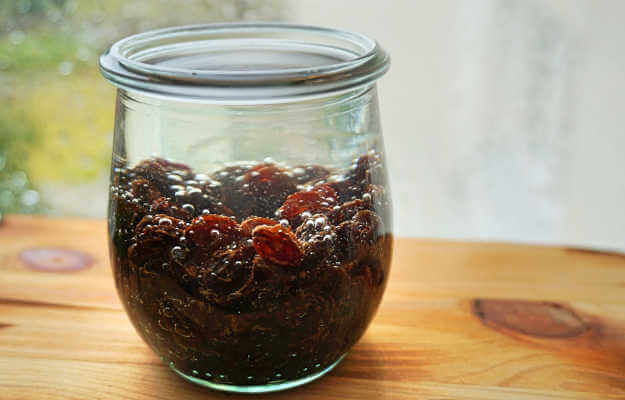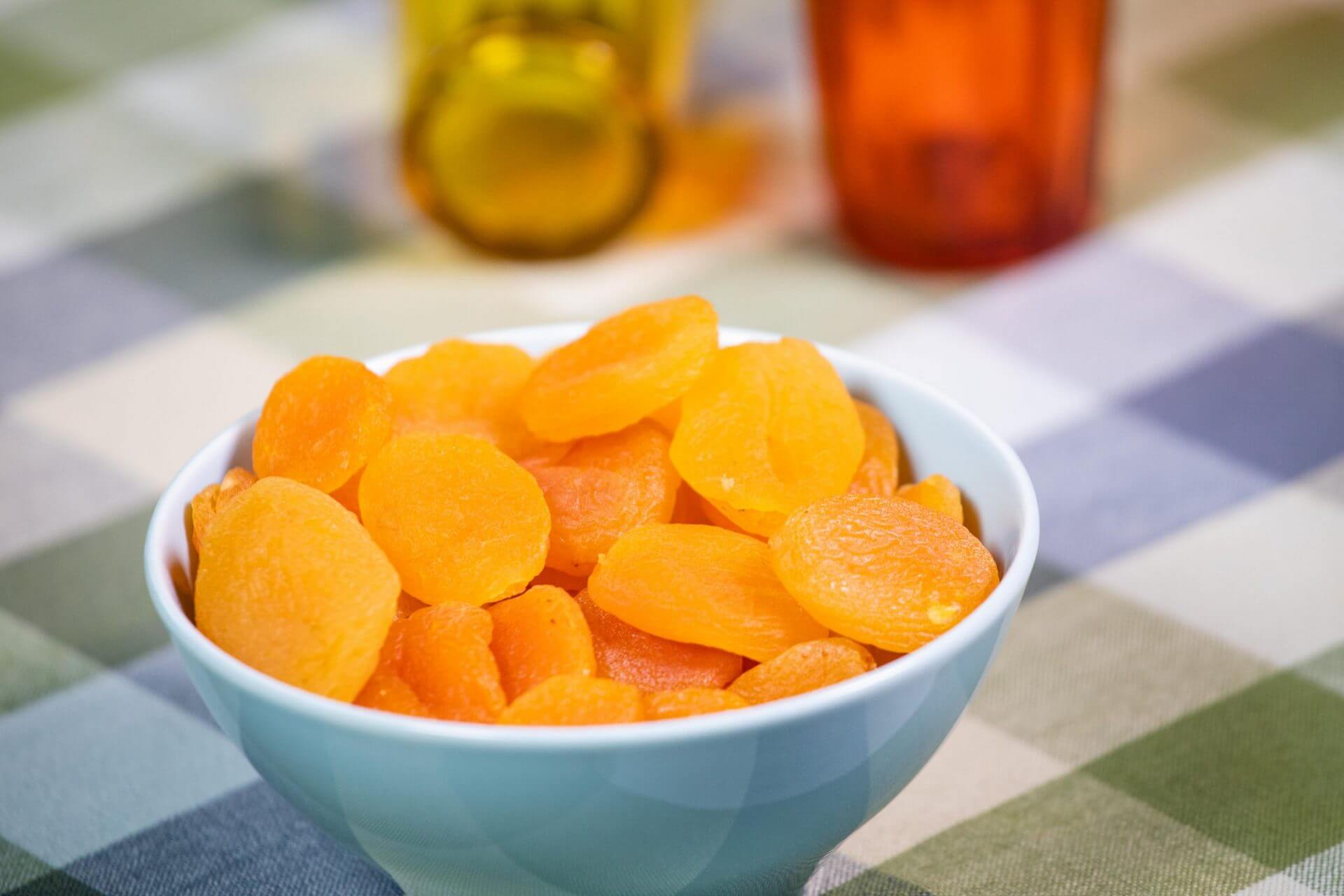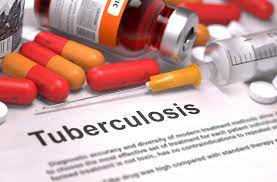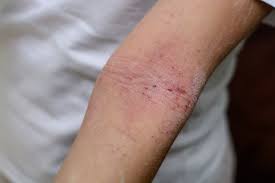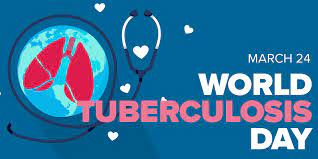Eating fruits, fish, veggies may reduce bone loss in women: study
Sat 28 Jan 2017, 12:57:48
Ladies, take note! Regular intake of anti-inflammatory diets - high in vegetables, fruits, fish and whole grains - may boost your bone health and prevent fractures, a first-of-its-kind study has claimed.
Researchers at Ohio State University in the US compared levels of inflammatory elements in the diet to bone mineral density and fractures and found new associations between food and bone health.Women with the least-inflammatory diets lost less bone density during the six-year follow-up period than their peers with the most-inflammatory diets.
This was despite the fact that they started off with lower bone density overall.
Diets with low inflammatory potential appeared to correspond to lower risk of hip fracture among one subgroup of the study - post-menopausal white women younger than 63.
The findings suggest that women's bone health could benefit when they choose a diet higher in beneficial fats, plants and whole grains, said Tonya Orchard, assistant professor at The Ohio State University."This suggests that as women age, healthy diets are impacting their bones," Orchard said.
Because the study was observational, it is not possible to definitively link dietary patterns and bone health and fracture outcomes.Rebecca Jackson from Ohio State said the new findings support a growing body of evidence that factors which increase inflammation can increase
osteoporosis risk.
osteoporosis risk.
Dietary information as well as data on bone density and fracture were collected from a large group of the participants in the Women's Health Initiative (WHI), the largest study of postmenopausal women's health undertaken in US history.
Participants in the WHI were aged 50 to 79 when they enrolled in the study of prevention and control of common diseases impacting older women. Enrolment ran from 1993 to 1998.
For the the first-of-its-kind analysis, the research team looked at dietary data from 160,191 women and assigned inflammation scores based on 32 food components that the women reported consuming in the three months prior to their enrolment.
They used bone-mineral-density data from a subset of 10,290 women. Fracture data was collected for the entire study group. They found a correlation only between high-inflammatory diets and fracture in younger white women in the study.
Higher scores were associated with an almost 50 per cent larger risk of hip fracture in Caucasian women younger than 63, compared with the risk for women in the group with the lowest inflammatory scores.
Women with the least-inflammatory diets had lower bone mineral density overall at the start of the study, but lost less bone than their high-inflammation peers, Orchard said.
The study appears in the Journal of Bone and Mineral Research.
No Comments For This Post, Be first to write a Comment.
Most viewed from Health
AIMIM News
Latest Urdu News
Most Viewed
May 26, 2020
Do you think Canada-India relations will improve under New PM Mark Carney?
Latest Videos View All
Like Us
Home
About Us
Advertise With Us
All Polls
Epaper Archives
Privacy Policy
Contact Us
Download Etemaad App
© 2025 Etemaad Daily News, All Rights Reserved.






.jpg)

